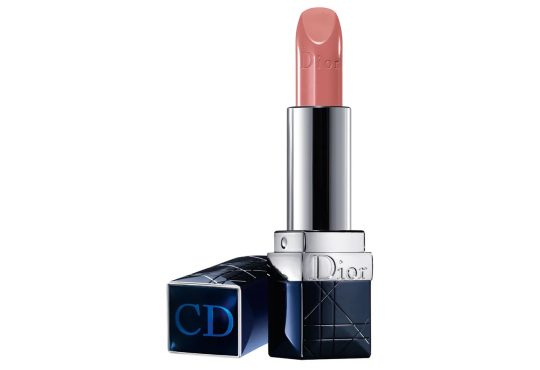
What to Do About Acne Cysts
Acne cysts, also known as nodulocystic acne, are severe and painful lesions that develop deep within the skin. Unlike typical pimples or whiteheads, which are confined to the surface of the skin, cysts form when bacteria, oil, and dead skin cells become trapped deep within the pores, causing inflammation and infection. This results in large, red, swollen bumps that are tender to the touch and can linger for weeks or even months. Acne cysts are more common in individuals with severe acne and can leave behind stubborn scars if not properly treated.
Identifying Acne Cysts
Acne cysts are distinct from other types of acne lesions and can be identified by their unique characteristics. These include:
- Size: Acne cysts are typically larger and more swollen than other types of pimples, measuring up to several millimeters in diameter.
- Depth: Cysts develop deep within the skin, often extending into the dermis layer, unlike surface-level pimples or whiteheads.
- Pain: Acne cysts are usually painful to the touch, causing discomfort or tenderness when pressure is applied to the affected area.
- Duration: Cysts tend to linger for an extended period, sometimes persisting for weeks or months without proper treatment.
- Scarring: Due to their deep-seated nature and inflammatory response, acne cysts have a higher risk of causing permanent scarring if not adequately managed.
Uncovering the Underlying Factors
Several factors contribute to the development of acne cysts, including:
- Excess Oil Production: Overactive sebaceous glands can lead to an accumulation of oil within the pores, promoting the formation of cysts.
- Clogged Pores: When dead skin cells and debris block the hair follicles, it creates an environment conducive to the growth of acne-causing bacteria and the development of cysts.
- Bacterial Infection: Propionibacterium acnes (P. acnes), a type of bacteria that naturally resides on the skin, can proliferate and cause inflammation within clogged pores, leading to the formation of cysts.
- Hormonal Imbalances: Fluctuations in hormone levels, particularly an increase in androgens like testosterone, can stimulate the sebaceous glands to produce more oil and contribute to cystic acne.
- Genetics: A family history of acne or a predisposition to inflammatory skin conditions can increase the likelihood of developing cystic acne.
Strategies for Managing Severe Acne
While acne cysts can be challenging to treat, several strategies can help manage symptoms and reduce the risk of scarring:
- Topical Treatments: Over-the-counter or prescription-strength topical medications containing ingredients like benzoyl peroxide, salicylic acid, or retinoids can help unclog pores, reduce inflammation, and prevent new acne lesions from forming.
- Oral Medications: In severe cases, oral medications such as antibiotics, hormonal contraceptives, or isotretinoin (Accutane) may be prescribed to target acne-causing bacteria, regulate hormone levels, or reduce oil production.
- Intralesional Injections: Dermatologists may administer corticosteroid injections directly into acne cysts to reduce inflammation and promote healing, particularly for large, painful cysts that do not respond to other treatments.
- Drainage and Extraction: In some cases, dermatologists may perform a procedure called incision and drainage to remove the contents of a cyst and alleviate pain and swelling. This should only be performed by a trained medical professional to avoid complications and scarring.
- Lifestyle Modifications: Adopting a healthy skincare routine, maintaining a balanced diet, managing stress, and avoiding harsh skincare products can help prevent acne flare-ups and promote overall skin health.
When to See a Dermatologist
If over-the-counter treatments fail to improve cystic acne symptoms or if acne cysts are causing significant pain, discomfort, or scarring, it’s essential to seek professional help from a dermatologist. A dermatologist can assess the severity of your acne, recommend appropriate treatments, and provide personalized guidance to help manage your condition effectively. With the right combination of medications, procedures, and lifestyle modifications, acne cysts can be controlled, and clearer, healthier skin can be achieved.
Taking Charge of Acne Cysts with Knowledge and Care
In conclusion, acne cysts are a challenging and often painful manifestation of severe acne that requires careful management and treatment. By understanding the underlying causes, recognizing the symptoms, and seeking professional guidance when needed, individuals can take charge of their cystic acne and minimize its impact on their skin and quality of life. With patience, persistence, and a comprehensive approach to skincare, acne cysts can be effectively managed, and clearer, healthier skin can be achieved.



